

Computer-Guided Implant Dentistry
The MSc Specialist Practice of Computer-Guided Implant Dentistry is aimed at helping dentists gain the core knowledge and clinical skills essential for the delivery of high-quality dental care, and predictable restorative outcomes. It instils the skills that are essential for the professional practice of advanced dentistry. This course also incorporates and exposes students to the very latest digital driven technologies and treatment modalities.Additionally, the course programme aims to promote an understanding of the different requirements essential to the provision of ethical, safe and evidence-based treatment. On completion of this programme you will be able to confidently treat and identify suitable implant cases.
Course Outline
C: Core / O: Optional

This module is designed to develop an evidence-based approach to patient selection as well as instils the practical skills required to recognize and provide advanced level treatment modalities and risk assessment. The aim is to highlight potential complications in treatment and for you to be able to develop risk assessment strategies to avoid or minimize these complications.It also develops an understanding of the requirements and skills essential for the safe clinical practice and application of advanced treatment modalities and the challenge of long-term maintenance issues or complications. As it is not possible to prevent all complications, this module also considers essential management strategies and the ethical issues of informed consent and managment of patient expectations. The module develops skills in communication, Organisation and planning, problem solving, treatment planning, risk assessment, recognising ethical responsibility and securing consent.
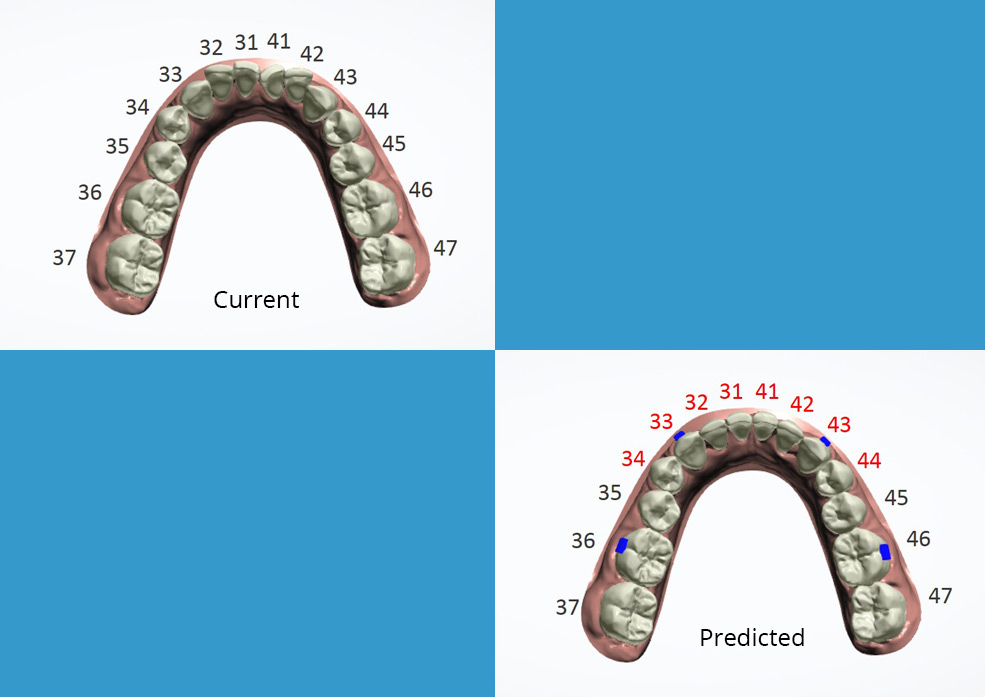
This module critically evaluates the latest computer assisted design and manufacturing technologies used in the practice of digital dentistry. It aims to give you experience in the use of commercial CADCAM systems and further develop your abilities in the production of implant guides and restorations. A familiarity with CAD software will be established. Dental computer packages will be used in order to develop a base level of competence and understanding. You will be encouraged to evaluate the significance and effectiveness of dental CADCAM systems.It will also introduce image capturing technologies, their indications and application to the digital work flow. The software commonly used in the treatment planning and design of restorative appliances and surgical guides will be covered in detail. You will have the opportunity to use CAD software in the treatment of actual cases and assess its functions, and application for various treatment modalities. CAM processes will include various appliance fabrication hardware such as milling and printing machines.
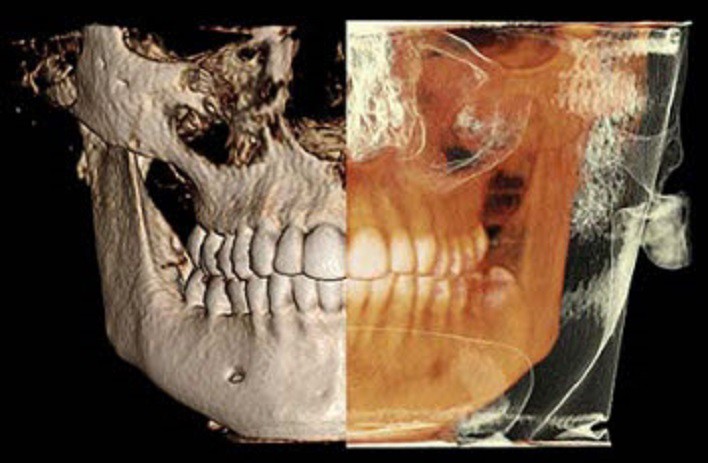
This module provides an introduction to Cone Beam Computer Tomography (CBCT) through a series of practical training sessions on three-dimensional imaging systems and their underlying principles. It will develop the skills of navigation and interpretation of three-dimensional images.Through this module you will learn the fundamental technology of CT scans, their advantages and limitations. You will learn the operating and legal requirements applicable to the safe and effective use of radiographic equipment, plus the health and safety issues related to ionising radiation.
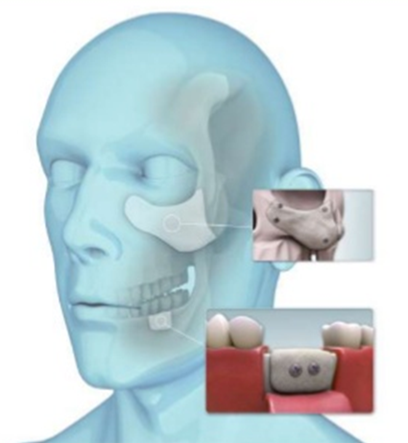
This module will provide a sound understanding of the key concepts of augmentation of dento-facial soft and hard tissues and help students to develop the practical skills necessary for successful and predictable regeneration of lost tissue. Students will conduct literature searches and critically appraise current evidence relating to the management of tissue defects or diseased tissue. Through understanding and using appropriate academic resources students will focus on how to incorporate ideas from their reading into an essay using quotations, paraphrases and references.This module will also consider potential complications and risk assessment strategies to avoid and minimise complications.The module develops communication skills, organisation and planning, problem solving, treatment planning, risk assessment, ethical responsibility and consent.
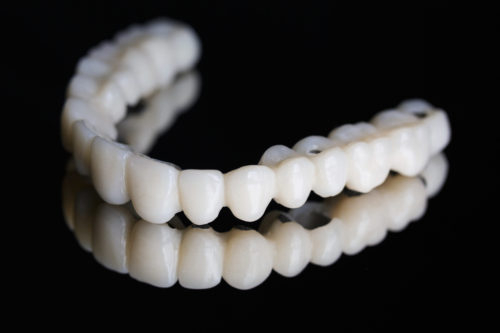
The aim of the module is to create a reflective practitioner by facilitating the development of reflective and innovative thinking in combination with problem solving in the treatment of implant patients. Reflective practice is an important tool in improving clinical judgement and developing medical expertise. It promotes a reflective and evidence based approach to clinical practice. The module requires students to formulate and justify their own patient centred treatment plans with illustrated case reports.The module affords the opportunity to demonstrate knowledge and understanding of a specialist treatment modality and reflect on learning experiences and competencies gained from various treatment modalities relevant to their dissertation topic. Students will also need to consider how implant practice and paradigms have evolved and changed over time as implantology has become a major part of mainstream dentistry.Case reports will be used for them reflect on treatment outcomes so helping them to identify connections between intended and actual outcomes achieved and how they may be improved upon.
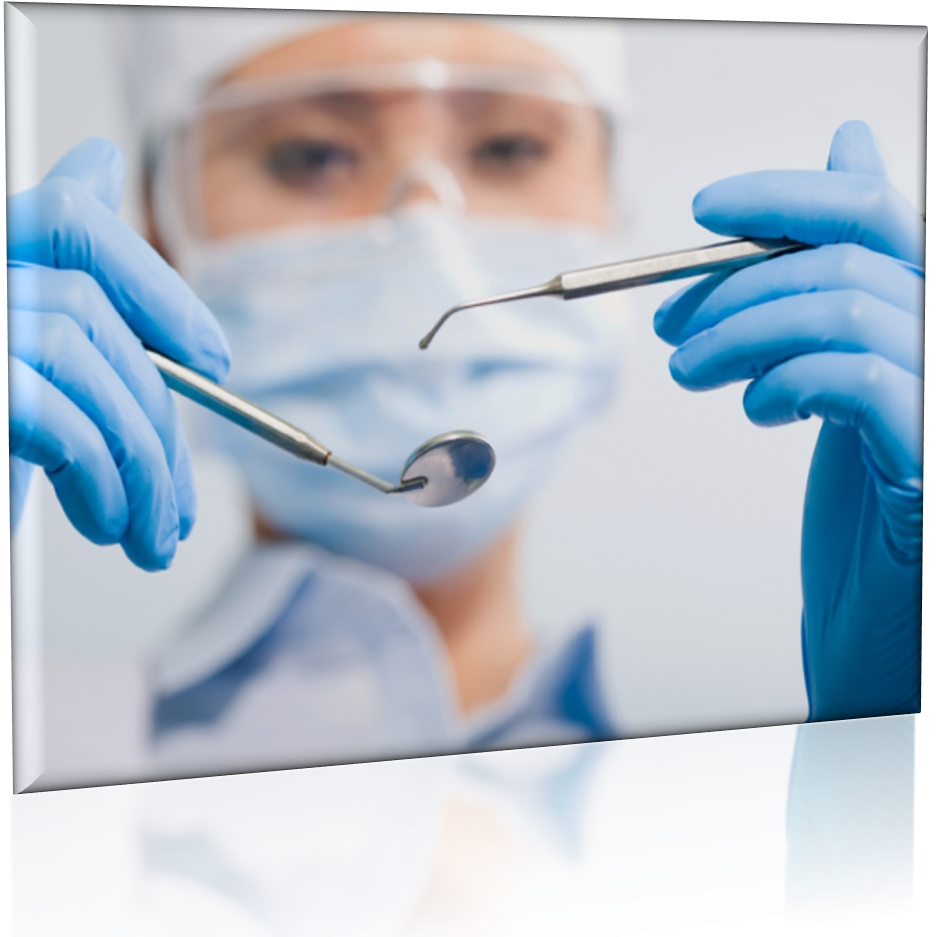
This module encourages the student to critically reflect on their professional, clinical and managerial practice in a specific field in order to explore questions which are fundamental to their professional development and eventual dissertation topic.It requires the student to evaluate their own knowledge base and to recognise and clarify the important connections between what they already know and what they intend to learn.It encourages information literacy, using contemporary and seminal sources in order to compile a critical evaluation of specialist practice to allow them to develop strategies which enhance their professional development.It will also be possible to arrange for supervised clinical placement of implants on actual patients in Dubai.
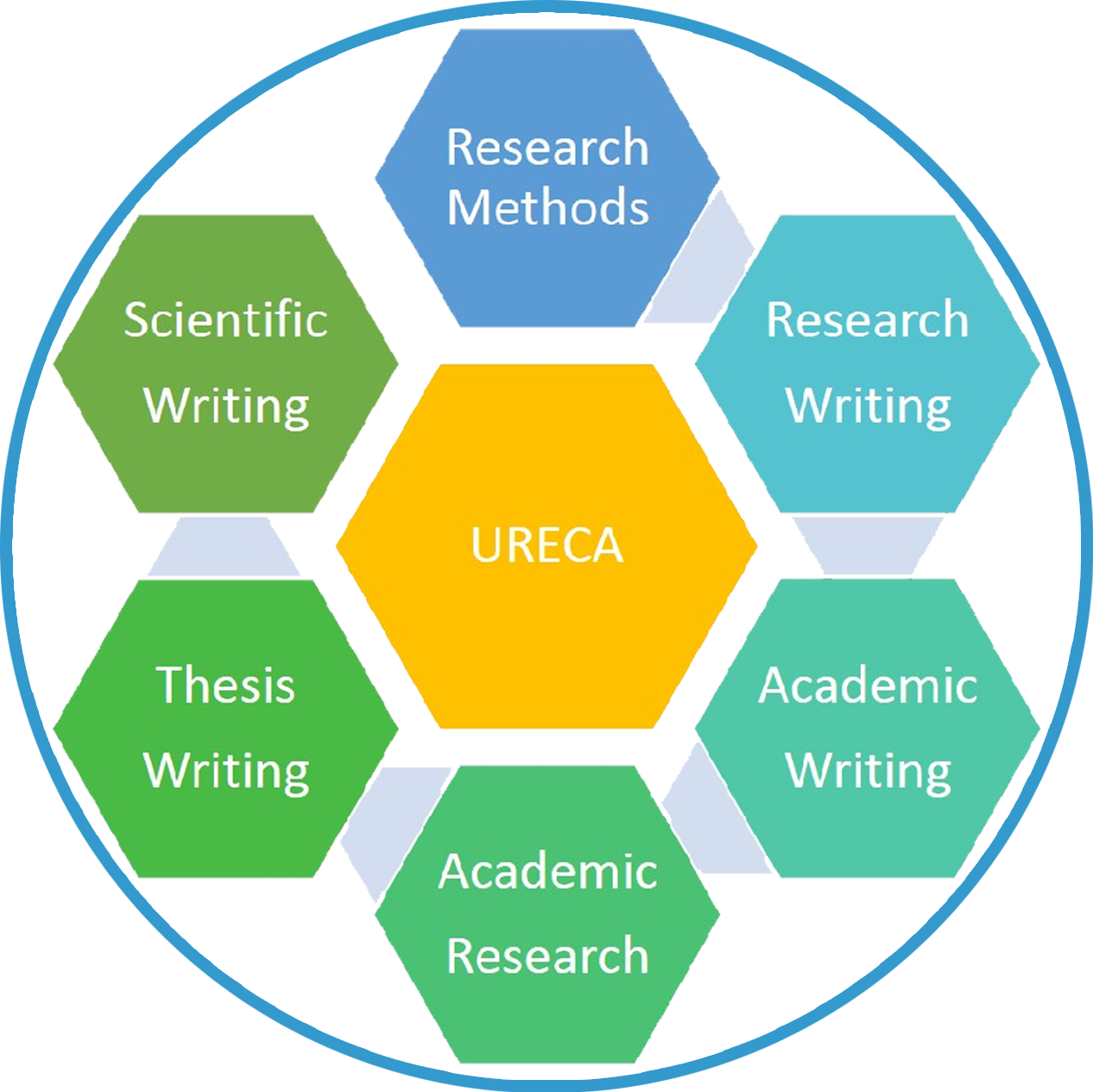
The aim of this module is to help you to develop research skills in order to identify your dissertation topic, make a detailed proposal and plan your research. It will develop the academic skills necessary for your study at Masters level. This comprehensive module covers clinical statistics, evidence-based practice, critical appraisal, measurement and research design, and explores their specific application in medical research and treatment.You will learn how to formulate realistic research objectives and an appropriate conceptual/analytical framework for your research. You will also learn how to identify, collate and critically review relevant evidence from the literature, and how to make informed decisions about which research philosophies, strategies and methods are applicable to your research.

This taught module provides an opportunity to undertake an extended and substantial piece of research. It allows you to synthesise the academic knowledge acquired from prior postgraduate and experiential learning to produce an evaluative and critical discussion of a specialist dental topic directly related to your programme of study. It aims to help you to develop your abilities in identifying a problem, establishing its significance, formulating a hypothesis/proposition, designing a means of testing the hypothesis and evaluating the results.
Apply for this Course
Apply NowRequest a Virtual Meeting
In relation to our MSc Degree in the Specialist Practice of Clinical Aesthetic Non-Surgical Interventions course to discuss your learning requirements and our flexible fees.
Request Now


